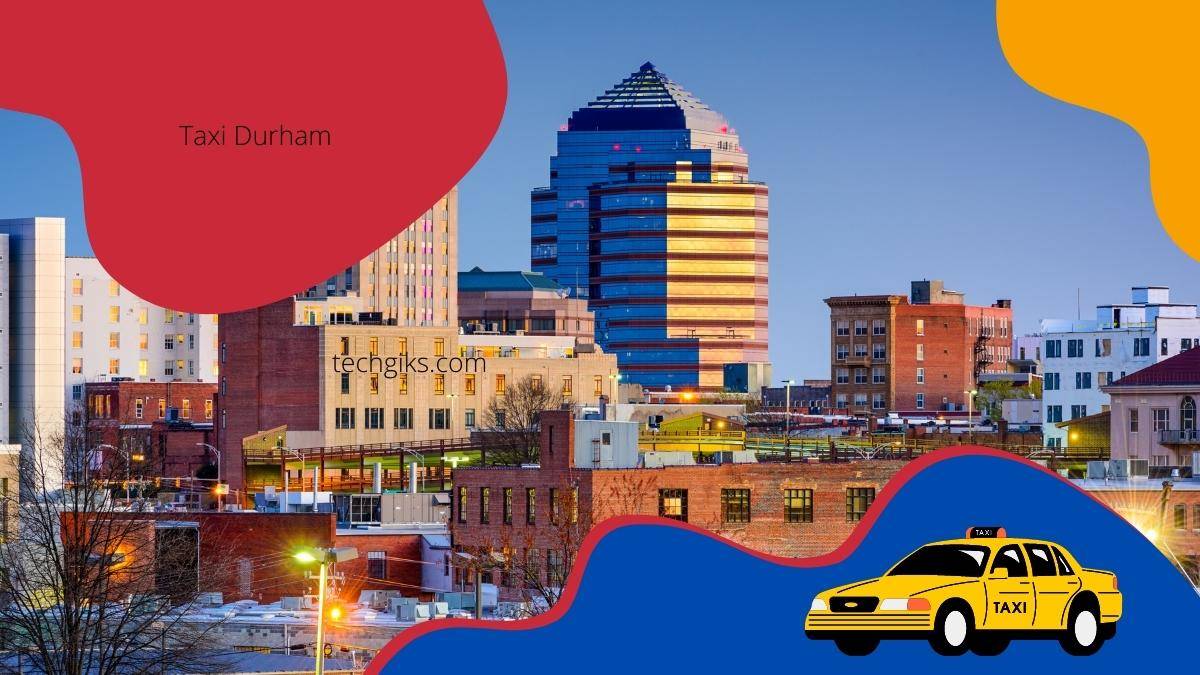Taxi Durham
Taxi Durham - Taxi Near Me
Wills Taxis Durham has served the city and surrounding areas for quite some time. As you probably already know, we offer a variety of transportation needs from 4 to 8 seaters working 24 hours a day, seven days a week. So from a simple rush to the shops to begin your excursion to any UK airport, please do not take it lightly.
In this case, we can guarantee that you will be able to find a taxi that provides unwavering first-class quality and nearby expert advice about the city and its surroundings. Furthermore, we guarantee you will find a taxi at a reasonable price. Check out Wills Taxis reviews to book a fixed, moderate admission for a great trip to London.

More about Wills Taxi Durham
Wills Taxi Services Durham is pleased to announce that they have been recognised as Durham’s best-reviewed taxi service. They have provided transportation services in and around the city and its surroundings for a long time. They provide a variety of vehicles from 4 to 8 seaters and operate around the clock, seven days a week. From a quick trip to the store to a pickup to begin that once-in-a-lifetime excursion to any UK airport or whether it’s a pick-up or drop-off at a railway station, they will monitor your anticipated arrival.
Suppose you’re searching for a Durham taxi with first-rate dependability and in-depth knowledge of the city and its surroundings. In that case, Wills Taxi Durham can promise a tariff you’ll be delighted with and frequent travel to London at a fixed, reasonable rate. Check out reviews of Wills Taxi services for reassurance before making a reservation since all drivers are adequately insured and subject to local authority regulation. Local Taxi Runs, Airport Transfers, 4 to 8 Seaters, Courier Service, Day Trips, Stags and Hens Parties, Meet & Greet Station or Airport are among the specialisations of Wills Taxi Durham.
Within a few minutes of the city and the Durham railway station, they impart solid local knowledge to Durham and the neighbouring areas. They also try to exceed all client demands at all UK airports, taking all jobs from a straightforward run to retailers. They take pride in their dependability and think that along with time, security, and repeat business, customer loyalty, comfort, and repeat business should come first.
History of Wills Taxi in Durham
Services by Wills Taxi Durham are located within a short distance from Durham City. It has a track record of being attentive to detail, having local expertise, and solving problems practically. They aim to satisfy and surpass the demands of each client. Finally, kindly take note that they are just on call when thousands of miles away from you. Call 07927 401 652. If you need a Durham taxi, please get in touch with them at any time.
Best Taxi in Durham - Wills Taxi
Not only do Wills Taxi summarise the consensus of the public’s input, but organisations’ paperwork also lists us as the local best. Please have a peek at Durham’s top taxi. Top 3 Taxis in Durham, UK, according to “Threebestrated.co.uk Expert recommended.” The 50-Point Inspection that our taxi services must pass includes local customer evaluations, business standards, ratings, satisfaction, trust, pricing, and trade excellence. “Only the best!”
In Durham, UK, Wills Taxis provides distinctive taxi services. The local government has thoroughly screened and insured all of their drivers. From picking you up at Durham Train Station to the beginning of your ideal vacation at any UK airport, they can offer a dependable service you can rely on. The cost of Wills Taxis’ airport transfers is predetermined and does not include any extra fees for airport pickup or drop-off. They provide 4 to 8 seats for all situations, from a quick trip to the store, and their taxis may operate around the clock.
Please visit Wills Taxi for all needs of Taxi Durham.
Similarly, if you want to know more about Classifieds Ads, please visit Free Classifieds Ads.
